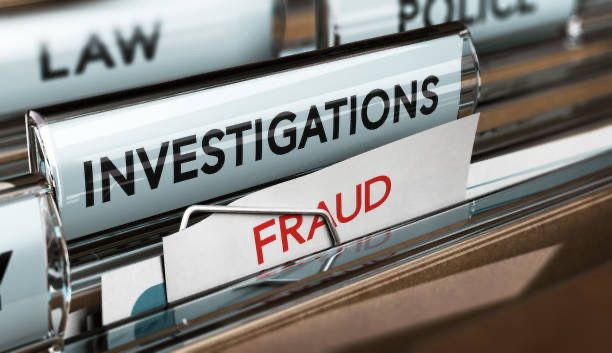Author: Sandra Grabmeier
Committee: Investigations and Activities Committee
Date: 13/02/2024
The European Public Prosecutor’s Office (hereinafter referred to as “EPPO”) has a right of evocation in investigation proceedings pursuant to Art 27 of the Council Regulation (EU) 2017/1939 of 12 October 2017 implementing enhanced cooperation on the establishment of the European Public Prosecutor’s Office (hereinafter referred to as “the EPPORegulation”).
According to Art. 24 para. 2 of the EPPO Regulation, the national authorities are obliged to inform the EPPO of investigations for which they could be responsible. The latter can then decide within five days – the deadline can be extended by a maximum of five days – after receiving the information whether it will exercise its right of evocation.[1]During this period, the national authority may not take any decisions that could prevent the EPPO from exercising its right of evocation.[2]
If the EPPO decides to exercise its right of evocation, the national authority of the Member State concerned must immediately surrender all files and refrain from carrying out any further investigative activities in relation to the same offence.[3] If the exercise of this right is waived, the competent national authorities must inform the EPPO in accordance with Article 27 para. 7 of the EPPO Regulation of any new facts that may cause the EPPO to reconsider its decision not to exercise its jurisdiction. If the EPPO receives such information, it in turn has the right to exercise its right of evocation, provided that the national investigation has not yet been completed and no charges have yet been brought before a court.[4]
The right of evocation may be exercised by any European Delegated Prosecutor of a Member State whose competent authorities have opened an investigation into a criminal offence falling within the scope of Articles 22 and 23 of the EPPO Regulation.
In the case of offences which have caused or may cause damage of less than EUR 100 000 to the Union’s financial interests and where the Collegium considers that, in view of the seriousness of the offence or the complexity of the proceedings, no investigation or prosecution procedure at Union level is necessary in the individual case, Art 27 para. 8 of the EPPO Regulation states, that it may adopt general guidelines. These guidelines were also already issued on 21 April 2021 and are now in force.[5] They allow the European Delegated Prosecutors to decide independently and without delay to not evoke investigations unless specific criteria are met. For instance, the right of evocation might still need to be utilised if public officials are suspected to be involved in fraud against the Union’s financial interests or if there is potential reputational harm to the EU due to the investigation’s outcome. Another criterion outlined in Annex 3 of the guidelines is a cross-border dimension involving at least two participating member states.[6]
To illustrate the above, please refer to the following case in Lithuania, which was published by the EPPO on 2 February 2024 under the name “Lithuania: EPPO requests arrest of former BaltCap partner suspected of misappropriating € 27 million” on its news homepage.[7] Here, the EPPO exercised its right of evocation and took over the criminal proceedings initiated by the Lithuanian regional public prosecutor’s office in Vilnius. This concerned allegations of misappropriation of funds from the BaltCap infrastructure fund, which receives support totalling 20 million euros from the European Investment Bank (EIB) as part of its Investment Plan for Europe. After the EPPO took over the proceedings, it requested the investigation judge of the Vilnius City District Court to grant the arrest of a former partner of the fund, Mr Sarunas Stepukonis.[8] He is suspected of having embezzled 27 million euros from the fund and is currently hiding from the authorities. The arrest warrant was approved on 2 February.
As exemplified in the case above, the right of evocation is indispensable for safeguarding the EPPO’s exercise of its competence and crucial to ensure that the EPPO can take effective action against offences against the financial interests of the EU.
[1] Art 27 para. 1 of the EPPO Regulation.
[2] Art 27 para. 2 of the EPPO Regulation.
[3] Art 27 para. 5 of the EPPO Regulation.
[4] Art 27 para. 7 of the EPPO Regulation. Here again, a period of five days applies with the possibility of extension by a maximum of five days.
[5] Decision of the College of the European Public Prosecutor’s Office of 21 April 2021 adopting operational guidelines on investigation, evocation policy and referral of cases amended by Decision 007/2022 of 7 February 2022 and by Decision 026/2022 of 29 June 2022 of the College of the EPPO.
[6] Refer to Annex 3 of the guidelines for the complete list of criteria.
[8] Mr Stepukonis is presumed innocent until proven guilty by the competent national courts.

